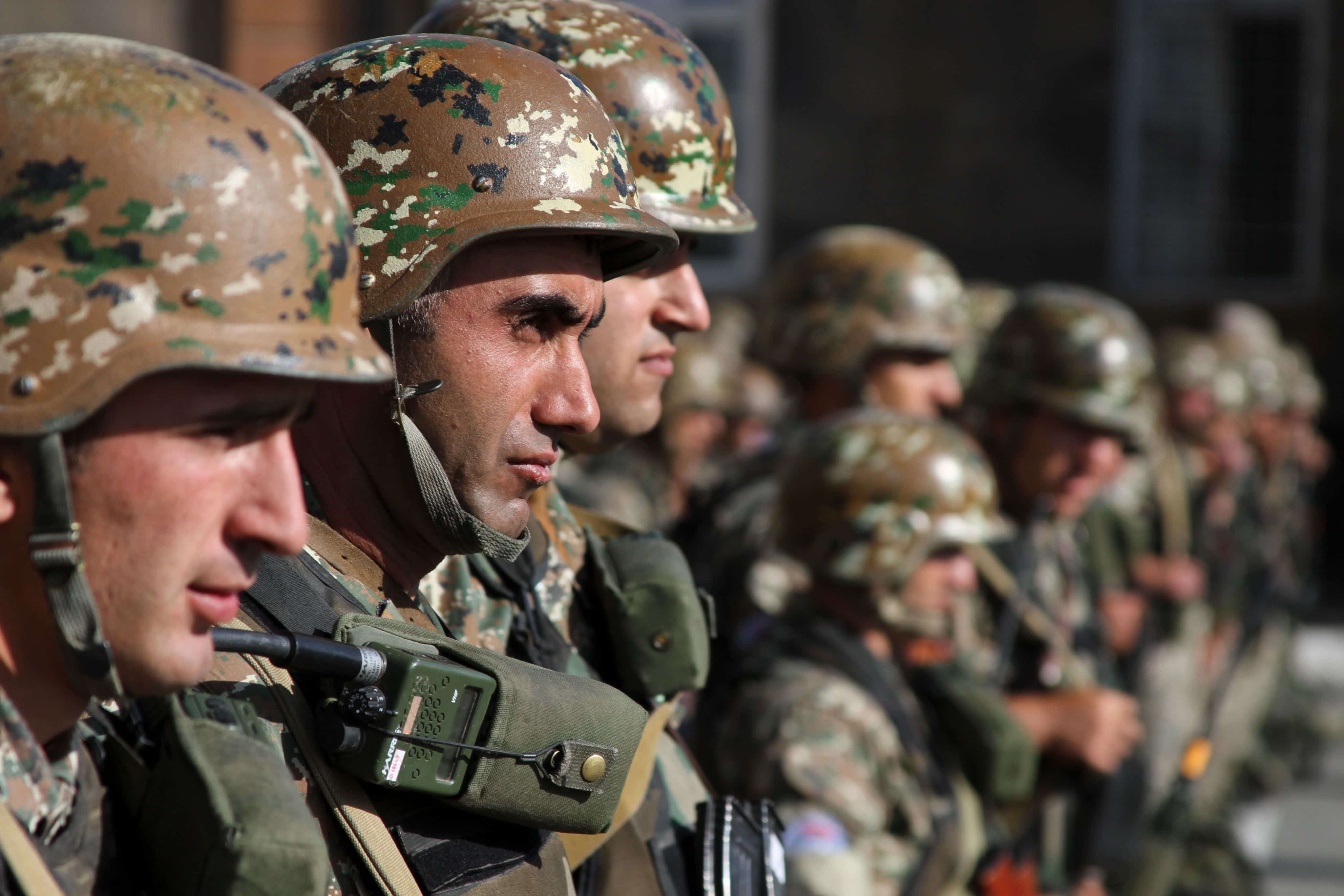Azerbaijan’s president, Ilham Aliyev, has announced a cessation of its military offensive against ethnic-Armenian forces in the disputed region of Nagorno-Karabakh. The decision came after a 24-hour military operation and a ceasefire agreement. The conflict has resulted in a varying number of casualties reported by different sources, and it has prompted widespread protests in the Armenian capital, Yerevan, against Prime Minister Nikol Pashinyan’s handling of the situation. The ceasefire terms demand the disarmament of local Karabakh forces and future talks on “issues of re-integration.”
Key Points:
- Azerbaijan’s 24-hour military offensive in Nagorno-Karabakh ended after a ceasefire agreement was reached. Azerbaijan aims to bring the region, which is recognized internationally as part of Azerbaijan but populated by ethnic Armenians, under its full control.
- The terms of the ceasefire, mediated by Russian peacekeepers, require the complete disbandment and disarmament of local Karabakh forces. Azerbaijan and Armenian officials are slated to meet for talks on re-integration.
- Despite the ceasefire, both sides have accused the other of continuing hostilities, including allegations that Azerbaijan opened fire on troops near the Armenian border.
- Protests have erupted in Armenia’s capital, Yerevan, with citizens demanding the resignation of Prime Minister Nikol Pashinyan for his handling of the crisis.
- Russian peacekeepers have been instrumental in facilitating the ceasefire and have evacuated thousands from dangerous areas. However, Russia’s waning interest in Armenia, evidenced by Armenia’s pivot to the West, has led to questions about the long-term stability of the ceasefire.






